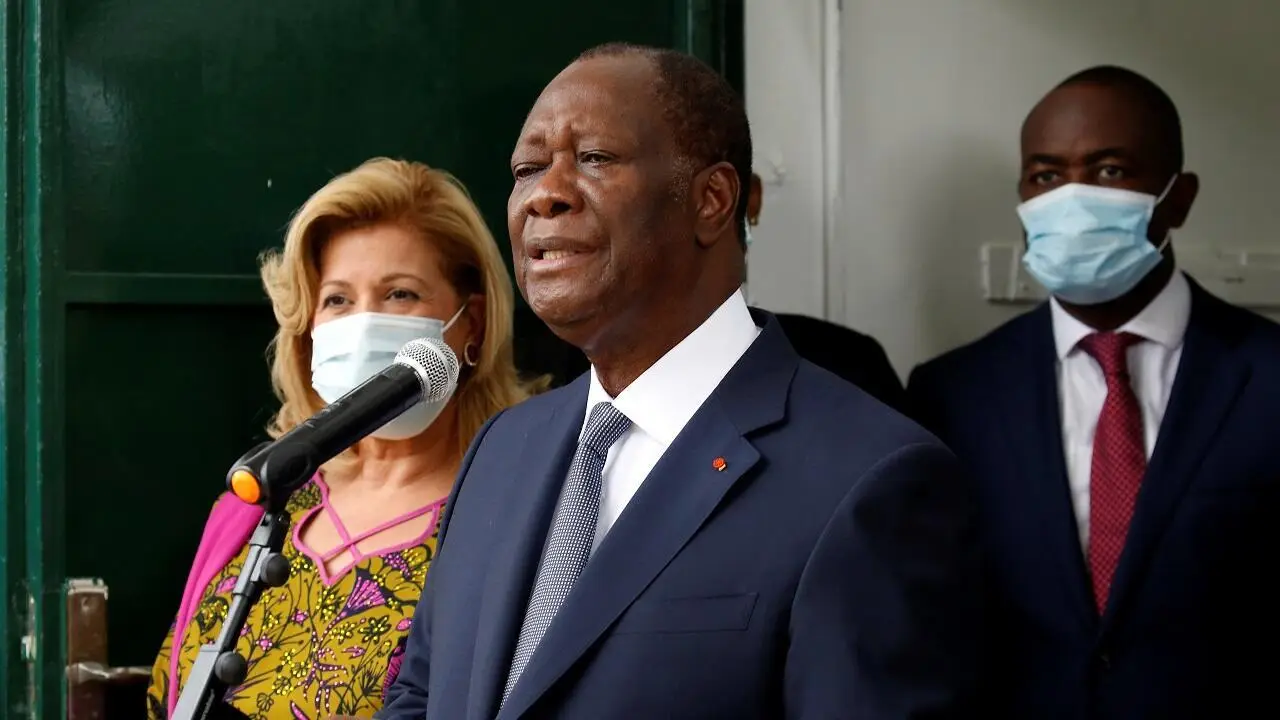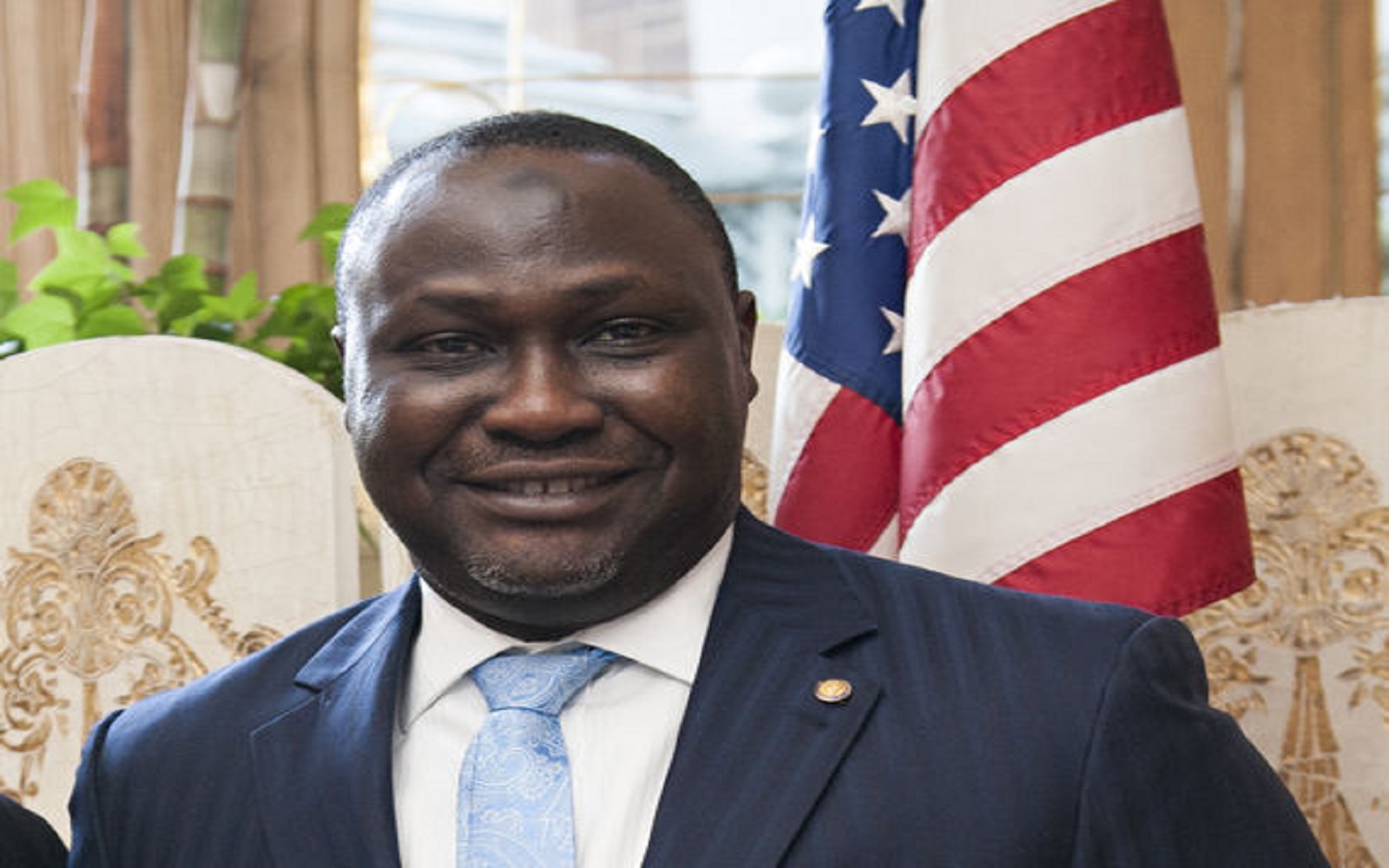Challenges Within Alassane Ouattara’s Election Campaign Team
The Ivory Coast is preparing for one of the most critical presidential elections in its recent history, scheduled for October 2025. At the heart of the political battlefield is President Alassane Ouattara and his team, whose ability to navigate complex internal dynamics and external pressures will largely determine the outcome. The Ouattara campaign faces multifaceted challenges ranging from internal leadership disputes to public perception management and strategic decision-making in a highly polarized political environment.
Historical Context of Ivory Coast Elections
The electoral landscape in Ivory Coast has long been shaped by political tension, historical grievances, and periods of instability. Previous elections, including those in 2010 and 2015, highlighted the importance of strong campaign organization and clear communication strategies. The Ouattara campaign has drawn lessons from these past contests, understanding that internal cohesion and public trust are essential for electoral success. Analysts from Crisis Group emphasize that Ivory Coast’s political history makes each campaign uniquely challenging, particularly in balancing diverse party factions.
Internal Team Dynamics
The internal dynamics of the Ouattara campaign are particularly complex. The campaign team includes senior advisors, regional coordinators, communications specialists, and policy experts. Each member brings distinct perspectives and ambitions, which can lead to friction. Leadership must ensure that roles are clearly defined and that conflicts are resolved promptly. Reports suggest that disagreements over campaign messaging, resource allocation, and candidate appearances have already tested the team’s unity. A cohesive team is vital not only for smooth operations but also for projecting an image of stability to the electorate.
Leadership Strategies to Maintain Unity
Maintaining unity within the campaign requires strategic leadership. The Ouattara campaign has adopted weekly coordination meetings, conflict resolution protocols, and performance reviews for key staff members. These steps are designed to preempt misunderstandings and ensure that every team member is aligned with the broader goals of the campaign. Analysts note that campaigns with strong internal cohesion historically perform better at the polls, underscoring the importance of these internal strategies.
Navigating Opposition Challenges
Even with major opposition candidates disqualified, the Ouattara campaign cannot afford complacency. Opposition movements continue to influence public opinion through social media, community outreach, and international commentary. Managing these external pressures is crucial. The campaign has increased its focus on rapid response teams, strategic communications, and direct voter engagement to counter narratives that might undermine public confidence. According to Africa Intelligence, effective opposition monitoring can significantly influence the perception of fairness and transparency in the electoral process.
Public Relations Strategies
Effective public relations are a cornerstone of the Ouattara campaign. Strategies include press briefings, controlled social media releases, and targeted messaging in key regions. The campaign aims to highlight accomplishments, policy commitments, and stability under Ouattara’s leadership while addressing critiques and potential misinformation. Studies indicate that campaigns which actively manage public perception maintain higher voter confidence, which can translate to electoral advantage.
Policy Proposals and Strategic Programs
The campaign’s policy platform also plays a critical role. The Ouattara campaign emphasizes economic development, infrastructure projects, and social welfare programs. Regional and local initiatives are highlighted to demonstrate the campaign’s commitment to improving daily life for citizens. By linking policy initiatives with tangible outcomes, the campaign seeks to build credibility and trust. Political analysts stress that voters often respond positively when campaigns communicate achievable and realistic policies effectively.
Regional Outreach and Engagement
Outreach at the regional level is another significant component. The Ouattara campaign has mobilized coordinators in urban and rural districts, ensuring that messaging is tailored to local concerns. Community events, town halls, and engagement with local leaders help the campaign gain nuanced insights into voter priorities. This localized approach ensures that the campaign remains relevant and responsive to the electorate.
Logistical and Financial Challenges
Running a nationwide campaign involves substantial logistical and financial coordination. The Ouattara campaign must manage transportation for staff, deployment of promotional materials, and effective use of financial resources. Fundraising efforts and budget oversight are critical to maintain momentum throughout the campaign season. Without efficient logistical planning, even well-structured campaigns can face operational setbacks that affect voter outreach and engagement.
Media and Social Media Strategy
Modern political campaigns are heavily influenced by media presence. The Ouattara campaign maintains active social media channels, television spots, and online content strategies. Engaging younger voters and urban populations requires sophisticated digital campaigns. Analysis by political experts suggests that campaigns that integrate social media effectively with traditional media see enhanced voter interaction and increased visibility. Monitoring and responding to online sentiment allows the campaign to adjust messaging quickly and address potential controversies.
Risk Management and Crisis Response
Political campaigns are inherently risky. The Ouattara campaign has developed contingency plans for potential crises, including public protests, negative media coverage, or logistical disruptions. Risk assessment teams analyze scenarios and prepare response strategies, ensuring the campaign can maintain stability under pressure. Crisis management protocols are regularly updated, emphasizing transparency and proactive communication.
Conclusion
The 2025 presidential elections in Ivory Coast represent a critical juncture in the nation’s democratic journey. The Ouattara campaign faces intricate internal dynamics, opposition pressures, and the challenge of managing public perception in a highly polarized environment. By prioritizing team cohesion, strategic communications, policy clarity, and effective outreach, the campaign aims to secure voter confidence and maintain political stability. As the election draws near, the ability of the campaign to navigate these complex challenges will be a defining factor in the outcome.
For more news, click here.




